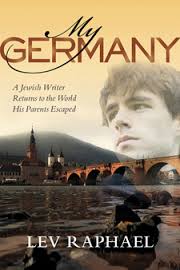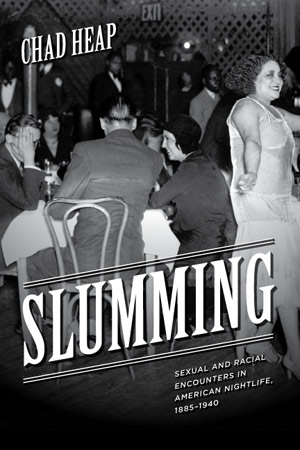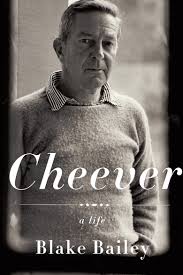Leaving Russia: A Personal Odyssey
“ADVENTURE” is a word that was always exciting and special to me, but I never knew I would experience an adventure I could only dream about. An adventure that brought me from Russia to British Columbia, Canada. My first truly bold and independent step in life was choosing to be with the person I love. There were two things about my decision that my family and friends in Russia were unhappy about. My partner is foreign and she is a woman.
More


